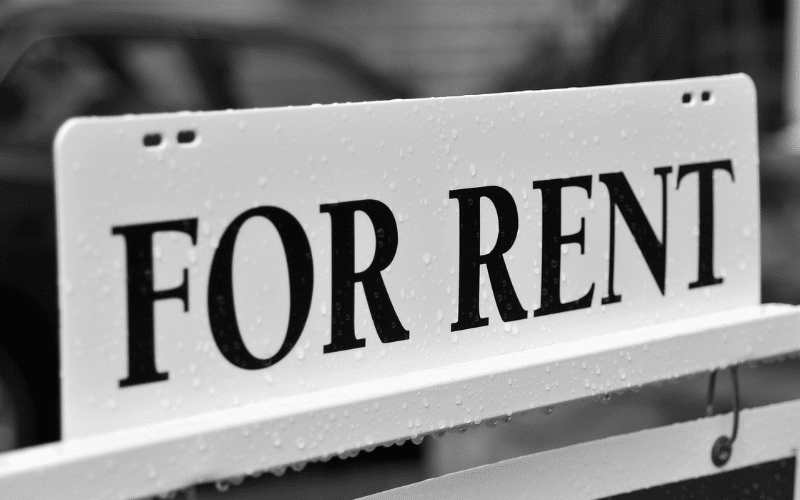Can a church rent space to a for-profit business? The answer is yes, but it’s a little more complicated than that. Two essential things need to be considered before having your church rent space. You must also answer some necessary questions to prepare your church for renting out space.
As we go through all this, they may seem complicated at first glance. But rest assured that we at Church Helper will be here to guide you through it all. With that, let’s get started!
Can a church rent space to a for-profit business?
The short answer: yes. The long answer: like any other charity or a nonprofit organization, the church is legally entitled to rent to a for-profit organization. However, the legality of the matter, as well as your church by-laws, must be further scrutinized to sufficiently answer this question.
What does the law tell us?

In general, if your church facility being rented out is an occasional thing, then you are very likely safe from any legal repercussions. But when rental income becomes a significant source of the church’s income, that’s the time you’ll need to have a lawyer brought in. They can help you navigate the influx of taxable income that renting out space can give. Property taxes, Unrelated Business Income Tax (UBIT) or Unrelated Business Taxable Income (UBTI), and tax law, in general, are easier to navigate with a lawyer on board.
The law varies depending on the country you are in. In the US, for example, federal taxes require nonprofit organizations, like religious organizations, to use their assets exclusively for upholding the organization’s exempt purpose. Following this, renting space to a for-profit business may fall outside that purpose, revoking the church’s local real estate tax exemption on that space.
Also, the tax-exempt status of nonprofit organizations can be jeopardized when property leased is not being used for the purpose of furthering the organization’s purpose as a non-profit. For example, if the rental property is being used exclusively for church activities and programs that further the church’s mission, then the church will likely remain tax-exempt. But renting space for a for-profit business without consulting with a lawyer can very likely cost the church’s nonprofit status. By then, you’ll be wishing you were paying lawyer bills instead of the tax bills you’ll incur.
What do your church by-laws state?

Before even considering renting out spaces, consulting your church by-laws will be a good starting point. In doing so, you can ensure that this move will not go against your church’s purpose. You may even find guidance in what kind of for-profit organization or business the church should rent space to.
In some cases, other churches rent spaces to for-profits and other nonprofits to aid their mission, where rental income is used to finance church activities and programs. Some use their available church building as a kind of community service. In this case, they rent space to those in the community at a much lower rate compared to a for-profit organization, for example, and often, they choose tenants that provide a service that benefits others in the community.
With those above in mind, be sure not to neglect your church by-laws when considering renting out church space.
Answer the following before renting out space
Once you’ve worked out the main two things we’ve discussed above, you’ll be two steps closer to finally renting out church space. Before you do though, answer the following questions to ensure your church is ready to rent out space.
What type of agreement will you need to create?

After deciding that you’ll rent out church property, you have to decide what kind of rental agreement you’ll need to create. You can either prepare an Event Use Agreement or a Lease Agreement. The former is good for one-time rentals, where the property will only be used for a set amount of time (e.g. weddings, yearly thanksgivings, reunion parties, etc.). The latter, on the other hand, is better for long-term, repeated, or continuous use of the property (e.g. living spaces, shops, cafes, etc.). In both agreements, you can include your own regulations that can help in the upkeep of the church property.
Are you prepared for lawsuit risks?

This is another reason that supports having a lawyer involved when looking into renting out space as a religious organization. Opening your church property for rent means welcoming unrelated activities to the church’s purpose. Tenant’s activities could very well spark lawsuits that will involve your church as well. These risks can be minimized and avoided by consulting with a lawyer before you start renting out church space. Also, this can help you prepare for any additional tax cost the tenant’s activities may require.
Will you be providing furniture and seating?

When renting out space, this is something you’ll need to consider, so you can appropriately dedicate a portion of the rental income to providing furniture and seating. More often, event use for the space will appreciate the immediate availability of furniture and seating. Apart from this, also consider if renting our space will require personal services to the tenants.
Conclusion
Renting out space to a for-profit can be a good income source to consider for churches. However, it should be navigated with the aid of a lawyer and a clear understanding of church by-laws. Only then can you be certain that this decision will be for the betterment of the church.
While you’re here, do have a look at our previous post.



